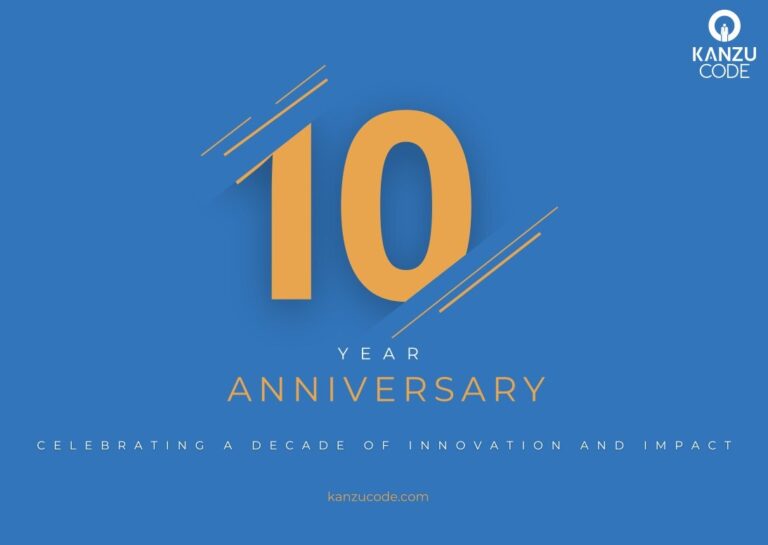What Is Holding Back The Microfinance Industry?
Another challenge is that banking is counter-cultural in particular sections of society. Unfortunately, the practice of banking is still a foreign idea in some rural areas and even among the urban poor. According to the Finscope survey of 2018, only 11% of adults used services from banks, the majority (52%) of whom live in urban areas while (48%) are in rural areas. This ratio is not particularly revealing until you consider the fact that 76% of Uganda’s population are rural-based. Moreover, education is a significant factor influencing the number of banked adults. The majority, 38% have at least secondary level education, 27% have a primary level education, and 24 % have specialized training in their industry. Among the unbanked demographics: they traditionally borrow money from friends and relatives and then repay the same amount of money borrowed regardless of how much time has passed. Therefore, it becomes difficult for them to understand the advantage in banking which requires that they pay interest on loans.
Lack of infrastructure is yet another reality holding back the Microfinance Industry. The near absence of necessary infrastructure is one of the most fundamental problems microfinance banks have. This lack of basic infrastructure compounds the operational difficulties of these banks, which ordinarily are faced by high operating costs because of their nature of business. They deal with many clients making small transactions; thus, the transaction costs of microfinance institutions are usually higher than those of conventional banks. On top of that, these banks also have to incur additional charges to provide themselves with electricity and water. The lack of good roads, particularly in rural areas, also affects their ability to reach into the communities. All these things work together to drive up the costs of operations.
Competition with Commercial banks. This competition exists because many microfinance institutions merely mimic the practices of the commercial banks and the services they offer, rather than developing contextually appropriate systems. However, this competition is not altogether surprising since in leadership in Microfinance institutions draws heavily from staff with prior experience in commercial banks. That coupled with the fact that there are still things being discovered about how to differentiate Microfinance institutions from commercial banks while keeping them profitable. This competition takes away their ability to be clear about their agenda, and best serve their client base, whose needs are unique.
Share this post.
Related posts
A Decade of Empowerment: Celebrating Women in Tech at Kanzu Code
As Kanzu Code approaches its 10th anniversary, we’re reflecting on the incredible journey that brought us here. From being housed in a single room in Najjera to a thriving ecosystem of four companies (Kanzu Code Limited, Kanzu Code Foundation, Kanzu Code Inc., and Kanzu Finance Limited), our growth is a testament to the dedication of […]
Why Nobody Cares About Investment Clubs.
In spite of the numerous benefits that come with an Investment Club network, a number of people remain indifferent to them. Preferring to invest individually, or choosing the riskier option and not investing at all. I am going to now tell you 7 reasons why I think people continue to ignore Investment Clubs as a […]
24 Hours To Improving Wealth.
Do you know that there are certain things you can do right now to improve your wealth? And I am certainly not talking about a quick gamble that promises everything and yet never delivers. I am speaking about intentional lifestyle changes that not only set you on the path to financial freedom but make sure […]
A Decade of Empowerment: Celebrating Women in Tech at Kanzu Code
As Kanzu Code approaches its 10th anniversary, we’re reflecting on the incredible journey that brought us here. From being housed in a single room in Najjera to a thriving ecosystem of four companies (Kanzu Code Limited, Kanzu Code Foundation, Kanzu Code Inc., and Kanzu Finance Limited), our growth is a testament to the dedication of […]
Why Nobody Cares About Investment Clubs.
In spite of the numerous benefits that come with an Investment Club network, a number of people remain indifferent to them. Preferring to invest individually, or choosing the riskier option and not investing at all. I am going to now tell you 7 reasons why I think people continue to ignore Investment Clubs as a […]
7 Horrible Mistakes You are Making with Money.
Are you spending only what you earn? Do you investigate before you invest? Are you saving now while you earn, for later, when you retire? These are all things you must consider about the money you have now, otherwise, you soon will not have any. The big responsibility with money is not in making it, but […]
4 Cliches About Wealth You Should Avoid.
The most common misconception about wealth is that it is determined by how much money you make. However, there is more to it; it especially is about how much money you keep. And even though making money is hard enough, holding onto it is harder. This process is not helped by society or culture. So, […]






